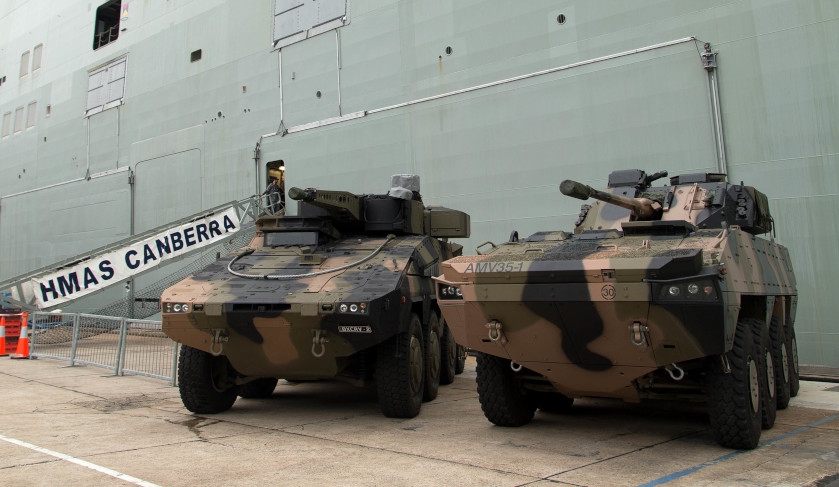Large contracts that are part of the Defence Department’s major drive to facilitate comprehensive industrial capability programs will prove to deliver key benefits, both to the ADF and the sector supporting the move.
To continue reading the rest of this article, please log in.
Create free account to get unlimited news articles and more!
However, some urgent challenges remain, which will need to be addressed post-haste, according to First Assistant Secretary of the Defence Industry Policy Division Kate Louis, who chatted to Defence Connect just days ago.
Louis identified a huge opportunity currently being developed, particularly around “the contracting work that the Capability Acquisition and Sustainment Group (CASG) has done to bring the programs along”. In this context, she also cited the LAND400 project as a prime example of Defence reaching out successfully to industry.
The LAND400 initiative was developed to improve the mounted close combat capability of the Land Force by supplying armoured fighting vehicles with enhanced firepower, protection, and mobility and communication capabilities to enable tactical success in current and future operational scenarios.
“We really haven't had that before in Australia to my knowledge, so there's huge opportunity there,” said First Assistant Secretary Louis. “I do think the funded initiatives that we have, the way that CASG is driving their programs, it's a fantastic opportunity.”
However, First Assistant Secretary Louis noted some key challenges as well.
“The workforce base right across ADF, the public service, and industry is a challenge, it's going to be a challenge, from a national point of view, right through education, skilling and science, technology, engineering and mathematics (STEM) programs
"I run a number of skilling and STEM programs just to focus on that at the moment. We're really looking at trying to maximise the benefits out of those and make sure they're targeted appropriately for supporting not only Defence, but also defence industry.”
First Assistant Secretary Louis highlighted a major pressure point around the need to step up education, training and upskilling of the Australian defence-focused manufacturing workforce in this space.
“I know we're really trying to drive through that challenge of making sure that the workforce is balanced appropriately,” she added.
“[We’re] working with industry in terms of their skilling [and] their training requirements as well. I think it's a real national issue, and it's a whole-of-government issue and it's a states and territories issue too.”
Summing up, First Assistant Secretary Louis said her team was working very closely with states and territories across the board to ensure Defence is co-ordinated with skilling and STEM, but also in terms of export markets and Austrade, the government trade commission that targets Australian exporters and companies seeking to do business with Australia.

 Login
Login







